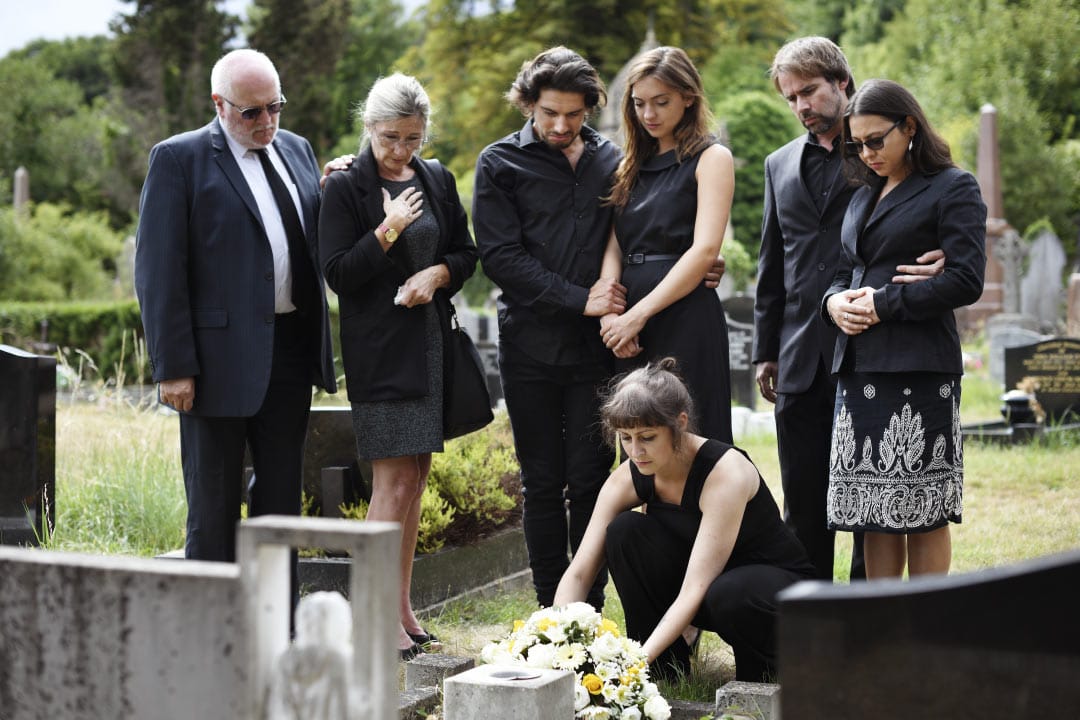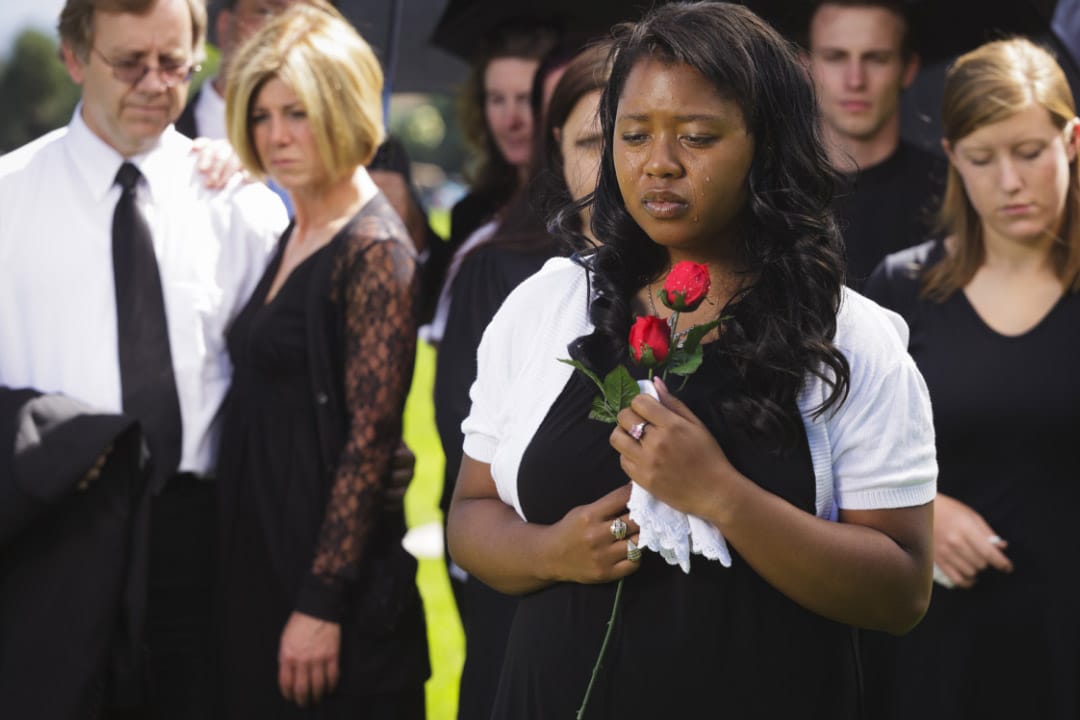Planning and Performing a Funeral

Honoring the departed is one of the oldest customs known to human beings. In fact, anthropologists and archaeologists state that the earliest markers of human society are burial sites. The traditions and rituals associated with funerals are meant for those close to the deceased to come together to mourn the loss and celebrate the person’s life. If you are an ordained minister, you may be approached by someone you love and asked to perform a funeral service. To feel prepared for this task, there are many preliminary steps you need to consider.
Dealing with death can be difficult for many people. Since this is a sensitive situation, you want to come prepared when asked to oversee a service. Consider these points and understand how you can best plan a funeral program to honor the departed.
How To Plan Funeral
The first step to take after being asked to plan a funeral is to ensure you are an officially ordained minister. If you have not yet become one, now is the time to visit the Universal Life Church Ministries and begin the simple application process. After filling out the proper forms, you will be legally able to perform weddings, funerals, baptisms, and other services involving an officiant with a spiritual inclination. The ULC offers a number of vital resources and state-by-state guides to the legal side of being a minister.
If you’ve been asked to perform a funeral, the first step will be creating a funeral ceremony script. The easiest way to break ground on this plan is by consulting with the family of the departed. You need to know about any final wishes the deceased had for his or her funeral. The family may also wish you to take the service in a particular direction. Some may request you keep the mood light, while others will not want any kind of humor infused into the service at all. This preliminary meeting is crucial for successful planning.
Questions To Consider While Planning
There are several key angles to think over when putting together a funeral ceremony. When speaking with the family, you want to keep a few questions in mind. For example, it is important to know if the ceremony should contain any religious elements. If the deceased was a particular denomination, then familiarize yourself with the readings and customs of the religion. Use this to guide you through the rest of your script. Conversely, the family may not want any type of religious references. This gives you a bit more freedom in your preparation.
Family and friends often wish to speak and deliver eulogies during a service. This is an important detail to focus on, as you want to include room for anyone who may like to say a few words. The family may also wish for you to eulogize the deceased. When this is the situation, be sure to do your due diligence when researching the life of the departed. Even if you knew the person well, you want to get all of the details correct and show proper respect.
Consider the Logistics of the Funeral
Planning a funeral service is about more than the words you use and the traditions included. You also need to think from a pragmatic point of view. How long will the service be? You don’t want to write a eulogy that goes on for a long time if the service is meant to be brief. Similarly, it is critical that you think about the space where the ceremony is being held. You want your voice to carry throughout the venue, which means you need to be somewhat familiar with the general layout of the room.
With so many different points of which to keep mindful, you may need a little assistance remembering it all. The Universal Life Church offers some wonderful funeral planning books on its sister website that can prove very helpful in prepping for and carrying out a funeral ceremony. Whenever you feel unsure about what’s still left to take care of, you’ll have a handy resource to consult.
Make It Personal

Don’t forget to always keep the deceased at the center of the event. It can be easy to get lost in the emotions of the moment, especially if you had a personal relationship with the departed. By focusing on anecdotes and details of the individual’s life, you can ensure the entire ceremony is always a celebration of the deceased. Include facts about hobbies they enjoyed, favorite memories, and anything that helps make it feel as if the person is still there in the room with everyone.
The loss of someone close to you can often be difficult to get through. If loved ones approach you to plan and perform a funeral, you want to make sure you do your best to honor the memory of the departed and help the family grieve. With the resources provided, we’re confident you’ll be able to conduct a meaningful ceremony.